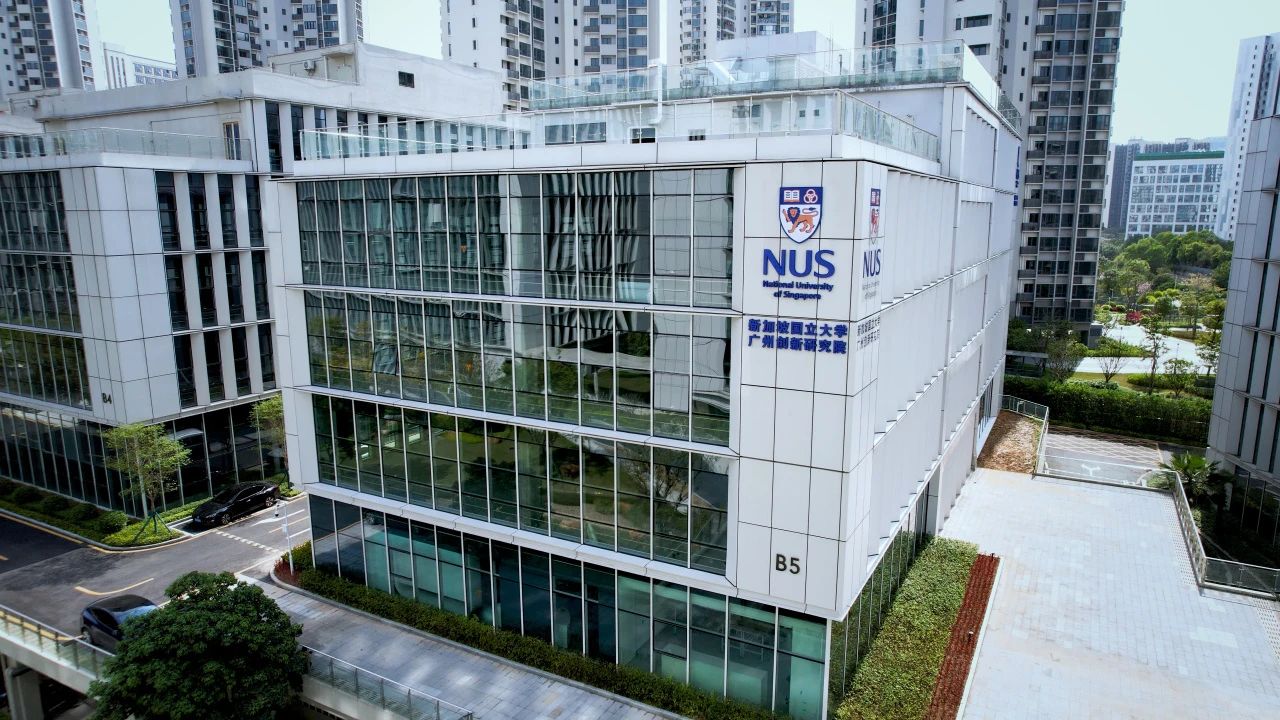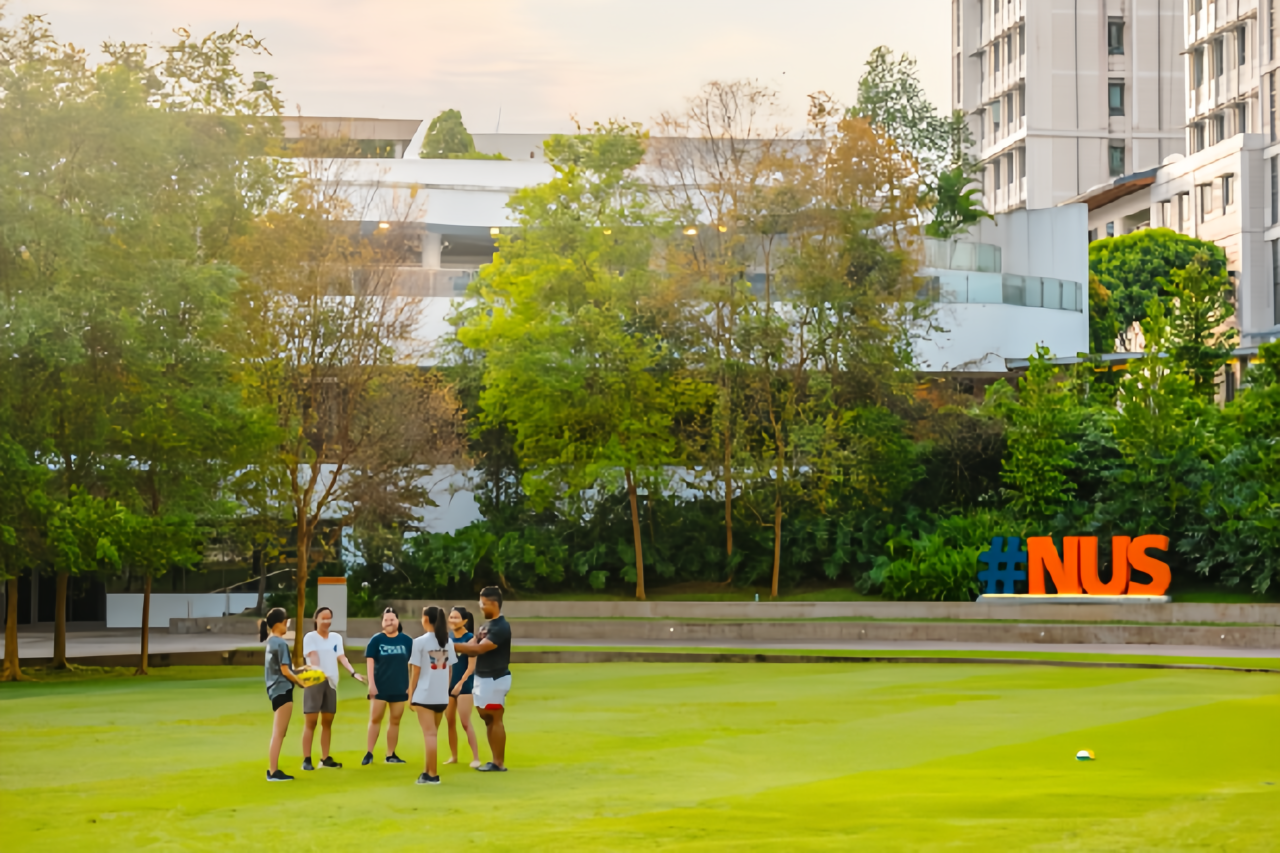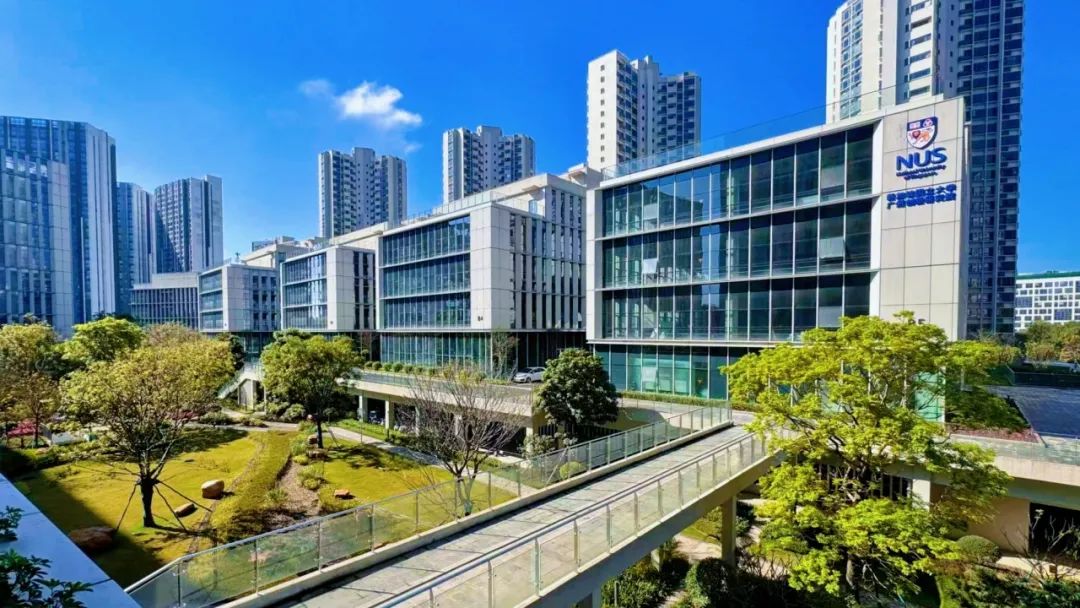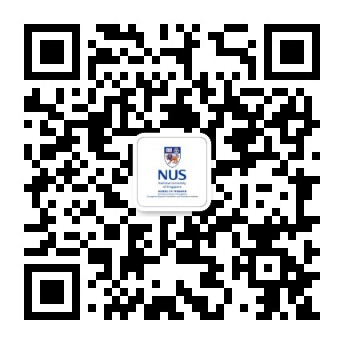Applications for the AY2025/2026 NUS GRTII Masters’ Scholarship are now open. We have received numerous inquiries from students and their parents. In this feature, we invited Mr. Zeng, a recipient of the inaugural NUS GRTII Masters’ Scholarship, to share his job-hunting experiences, industry insights, and practical advice. Read on to see how his journey might help reduce your doubts and provide valuable reference as you consider applying for the scholarship.
Program Overview
With strong support from the People’s Government of Guangzhou Municipality and the China-Singapore Guangzhou Knowledge City Administrative Committee, the NUS GRTII has established the Masters' Scholarship (hereinafter referred to as the “Masters’ Scholarship”) and PhD Scholarship programs. These initiatives aim to cultivate and deliver high-caliber talents for Huangpu District—individuals with a global perspective, advanced and specialized technological knowledge, and the capabilities to tackle the challenges of the 21st century.
All academic work under this program will be completed by students at NUS. Scholarship recipients are required to sign a talent service agreement with the Guangzhou Development District Talent Work Group and, within 30 months of graduation, fulfill a minimum of 24 months of employment or entrepreneurship service in Huangpu District, Guangzhou.

Interviewee Profile
Mr. Zeng
Master’s Degree in Materials Science and Engineering, NUS
Recipient of the inaugural NUS GRTII Masters’ Scholarship
Set to join a high-performance materials company in Huangpu District with total assets exceeding CNY 60 billion in July 2025

Scholarship Program and Personal Planning
Q: Through which channel did you learn about our Masters’ Scholarship program? What did you find most attractive about the scholarship?
A: I learned about the program primarily through an email sent by NUS GRTII. The scholarship has significantly alleviated the financial burden on my family, which was a major attraction for me.
At the same time, I believe that the development focus of enterprises in Huangpu District aligns well with my field of study. Pursuing employment in Huangpu District fits seamlessly into my career plans.
Q: How do you view the scholarship’s service term requirement? For you, does this requirement represent more of an opportunity or an obstacle?
A: I do not see the service term requirement as a restriction; rather, I have discovered unexpected opportunities through it.
Firstly, early career choices will not confine our future development. Accepting an offer for a particular job does not mean one will remain in the same industry for life. On the contrary, the early stages of a career provide a valuable trial-and-error phase, allowing us to better explore and refine our career options.
Moreover, I believe that focus is more powerful than random selection. The high-performance plastic components industry I have chosen has over 30 years of accumulated expertise in China, and its complexity far exceeds my initial expectations. In comparison, a two-year service term is relatively short—those two years may only be enough for me to just begin to grasp the fundamentals of the industry; in other words, merely enough to get my foot in the door.
Thus, the service term clause is not about “limiting my choices” but rather about “creating more choices for me.” It enabled me to focus my career goals directly on high-tech enterprises in Huangpu District, concentrating my efforts and allowing me to conduct in-depth research, thereby finding higher-quality employers. Rather than viewing the service term as a limitation, I see it as unlocking opportunities ahead of time.
Additionally, some people might worry that signing a service agreement means being “locked in” to employment, leaving no room to pursue an academic path. However, I have always agreed with what my supervisor said: “In the field of new materials, the boundary between academia and industry has already blurred.” Even if I choose to return to academia after two years, my hands-on industry experience would actually give me a competitive edge when applying to top-tier research groups compared to having a purely academic background. Practical work experience can open up even more possibilities for us.

Job Search Experience and Advice
Q: Through which channels did you primarily obtain internship, recruitment information, and career guidance for companies in Huangpu District?
A: I initially obtained recruitment information for companies in Huangpu District through posts published by the WeChat Official Accounts of “NUS GRTII” and “NUS GRTII Education Insights.” I then conducted my own additional research online. Furthermore, the Guangzhou Development District Talent Work Group and the staff at NUS GRTII regularly compiled job application spreadsheets based on the recruitment needs of enterprises in Huangpu District, providing substantial convenience for scholarship recipients in their search for ideal employers.
In addition, NUS GRTII organized a Spring Festival reception, bringing together all scholarship recipients from our cohort, giving us the opportunity to share information. Through networking at the reception, I learned about many job opportunities from various enterprises and later continued exchanging information with fellow scholarship recipients.
I believe that receiving this scholarship from NUS GRTII has greatly boosted my confidence—it has been both a source of motivation and a solid foundation of our development. As one of the recipients of the inaugural scholarship program, this distinction served as a positive credential during my job search. Many employers expressed admiration for my scholarship achievement, recognizing it as a testament to outstanding personal capability.
Q: How have you planned your service term?
A: From my perspective, it is essential to set both short-term and long-term goals from the outset. For example, before applying, you should clearly define your career development trajectory for the next three to five years—such as whether to focus on technical research and development, or whether to consider cross-industry opportunities—and ensure that the scholarship program aligns with these future aspirations. If your target position has a particularly high threshold for entry, it is even more critical to allocate your time wisely and strategically.
And I think the applicants should familiarize themselves with the requirements and acceptance rates of relevant positions in Huangpu District first. Applying for the scholarship with this knowledge in hand would be a wise choice, helping to avoid difficult situations, such as securing the scholarship but being unable to obtain a corresponding job offer. This “goal-oriented” approach can help applicants accurately identify scholarship opportunities that best align with their personal career plans.
Many students may worry that the “service term” might limit their future development, but in my view, it serves as a golden window for career exploration. Engaging in practical work within the industry enables one to accumulate valuable experience that will remain an asset on one's resume, even if one later chooses to pursue further studies or switch fields.

The NUS GRTII Masters' Scholarship Program bridges academia and industry, fostering collective growth and shared aspirations. By alleviating financial burdens and propelling career advancement, it empowers students to turn their academic potential into professional success. Stay tuned for more insights from our scholarship recipients!


